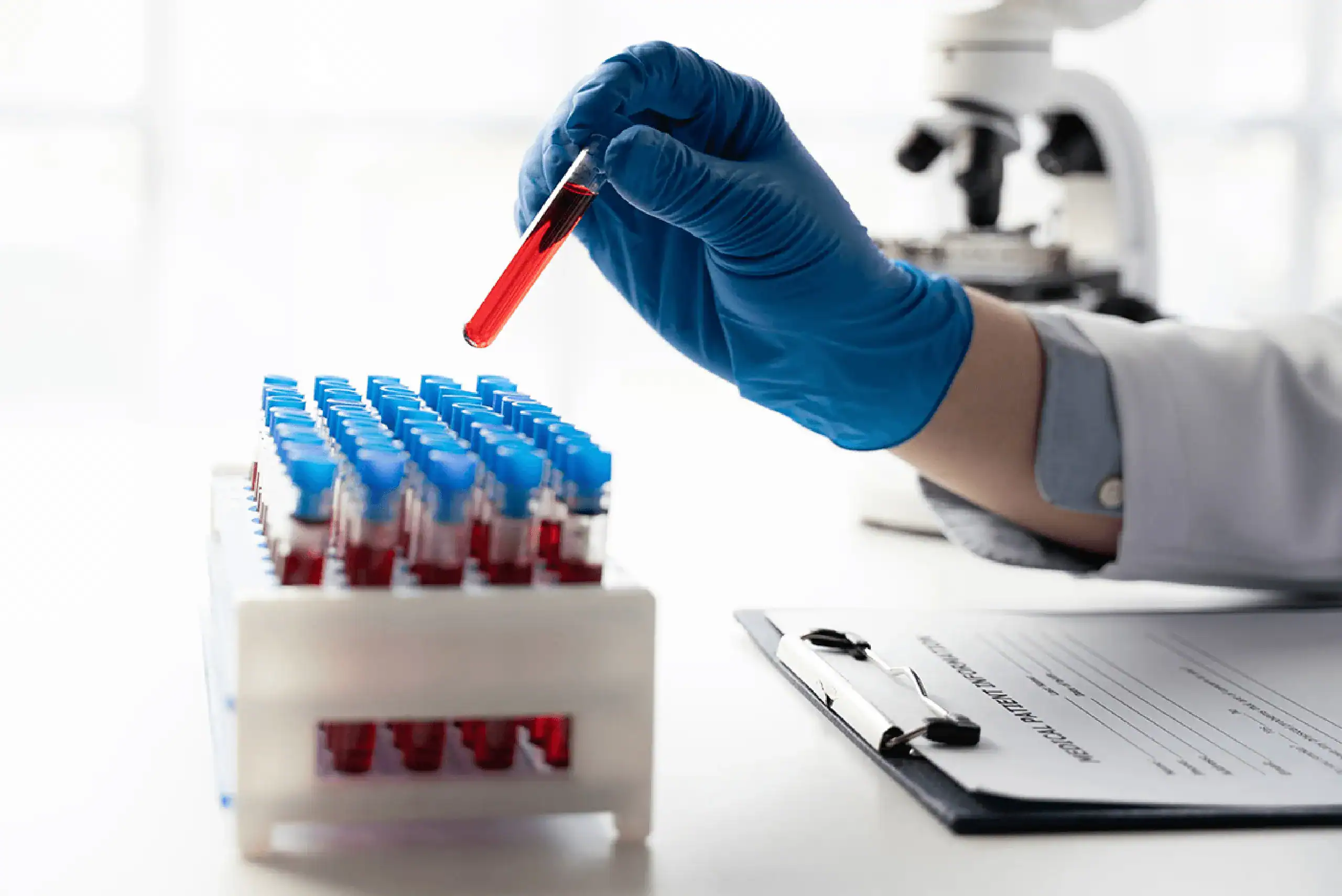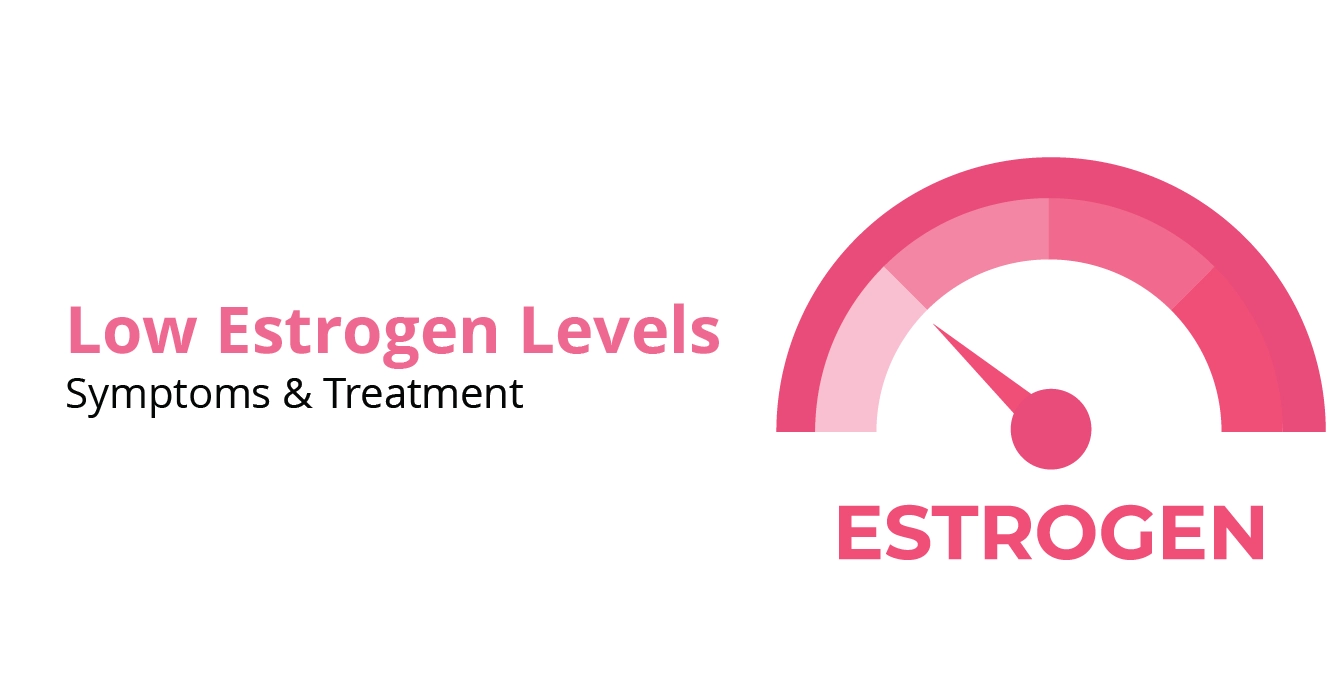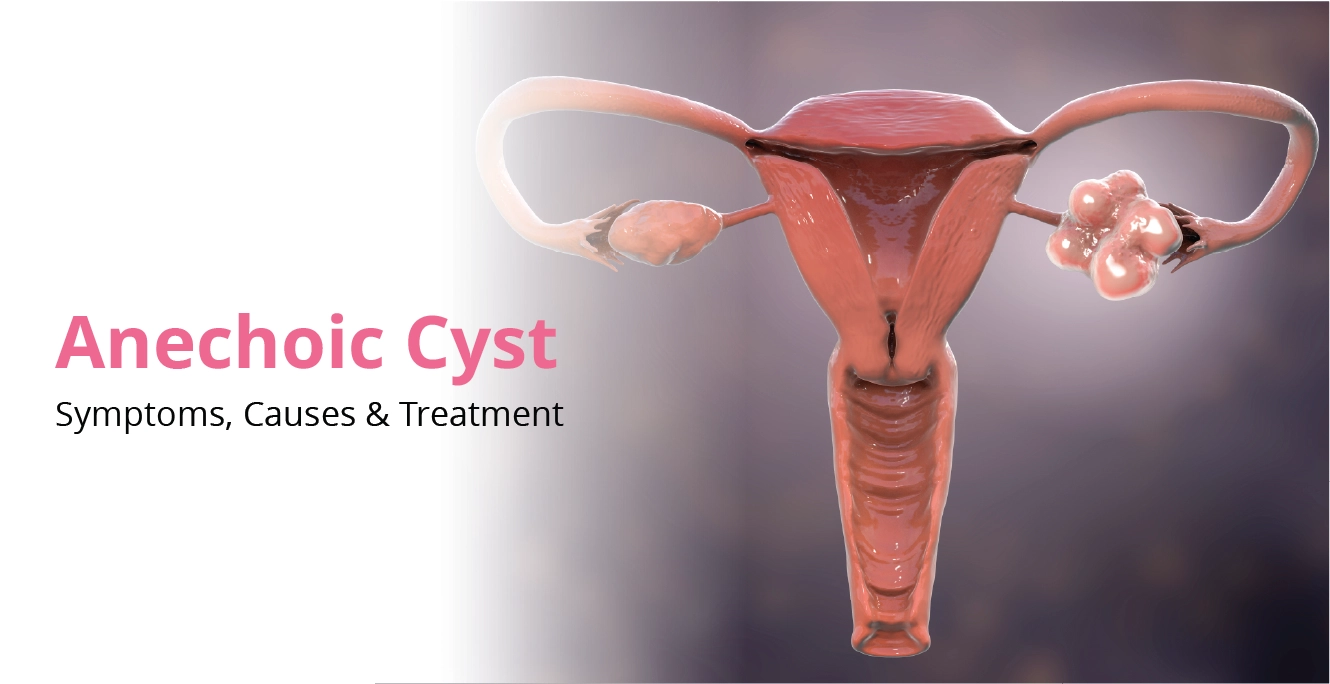Sexual Health & Wellness Clinic
Sexual health screening involves a series of tests that check for sexually transmitted infections (STIs), including HIV, and assess your overall sexual health. These screenings are essential for anyone who is sexually active, as many STIs do not show symptoms until they have progressed, making early detection crucial.
Your sexual health impacts you and your partner. Therefore regular screening is a proactive step toward maintaining your partner’s health and protecting them from potential long-term complications.

Why does a Sexual Health Screening Matter?

Sexual health screening matters because it empowers you with knowledge about your health status. Early detection of STIs can prevent severe health problems, reduce the risk of transmission to others, and guide you toward the appropriate treatment and care. Overall it is a responsible move and builds a stronger bond in your intimate relations, while helping you and your partner make informed decisions.
Types of Tests
Sexual health screenings include various tests, each designed to detect specific infections or conditions. Here’s a look at some of the most common tests:
- HIV Testing: Early detection of HIV can significantly improve treatment outcomes and prevent the virus’s spread. Testing options include rapid tests, which provide results within minutes, and more detailed lab tests.
- STD Testing: Chlamydia, gonorrhea, syphilis, herpes, etc are all STDs. Each STD has its specific test, and some screenings may involve blood tests, urine samples, or swabs from affected areas.

What are the available Preventative Measures

Prevention is the best way to maintain your sexual health. Here are some steps you can take:
- Practice Safe Sex: Use condoms or other barrier methods to reduce the risk of STIs.
- Get Vaccinated: Vaccines are available for certain infections, such as HPV and hepatitis B.
- Limit Sexual Partners: Multiple sexual partners can always increase your risk of exposure.
- Communicate with Your Partner: Open and honest communication about sexual health and testing is essential.
- Regular Screenings: The more active you are the more important it is to get screened. Make this a part of your routine health check-up.
Why Choose Us
Choosing the right fertility clinic is crucial for starting your family. At Birla Fertility & IVF, we offer personalised care with expert specialists guiding you every step of the way. Our advanced labs and outstanding success rates have helped over 2,30,000 patients achieve their dream of parenthood.
Our Sexual Health & Wellness Tests
Urine Chlamydia
45004200Syphilis
15001200HIV 1&2
800600Hepatitis B
800550Hepatitis C
15001000Gonorrhoea
40003300Things to Remember for Sexual Health Screening
Before the Test
- Avoid urinating before a urine test, as advised by your doctor.
- Abstain from sexual activity for a short period before your screening.
- Your doctor will give you specific instructions based on the tests you need.
- Bring a list of any ongoing medications that you have been prescribed.
- A record of your sexual history, including any previous infections or symptoms.
During the Test
- The Testing Process: It is quick and minimally invasive. It may involve a blood draw, a urine sample, or a swab from the genital area. Some tests, like rapid HIV tests, provide results within minutes, while others may require a few days for lab processing.
- Privacy and Confidentiality: Your privacy is a top priority during sexual health screenings. Results and discussions with your healthcare provider are confidential. You can discuss these concerns with your doctor, who will explain how your information will be handled.
After the Test
- Negative Results: If your results come back negative, it means that no signs of the infection were found during the test. While this is reassuring, it’s important to continue regular screenings, as new exposures can occur.
- Positive Results: A positive result means an infection or condition exists. While receiving a positive result can be distressing, it’s important to remember that many STIs are treatable. Your healthcare provider will discuss treatment options with you and guide you through the next steps.
Frequently Asked Questions
Recent Blogs
Book an appointment
Hassle-Free Appointment Booking
Select Preferences
I know my doctor
sexually transmitted diseases Cost in Different Cities
sexually transmitted diseases Treatment in Different Cities
- STD Treatment in Jalandhar
- STD Treatment in Perinthalmanna
- STD Treatment in Thrissur
- STD Treatment in Palakkad
- STD Treatment in Kannur
- STD Treatment in Kozhikode
- STD Treatment in Ranchi
- STD Treatment in Patna
- STD Treatment in Varanasi
- STD Treatment in Gorakhpur
- STD Treatment in Meerut
- STD Treatment in Prayagraj
- STD Treatment in Kolar
- STD Treatment in Salem
- STD Treatment in Vijayapura
- STD Treatment in Nagpur
- STD Treatment in Raipur
- STD Treatment in Rewari
- STD Treatment in Jaipur
- STD Treatment in Guwahati
- STD Treatment in Siliguri
- STD Treatment in Howrah
- STD Treatment in Indore
- STD Treatment in Bhopal
- STD Treatment in Bhubaneswar
- STD Treatment in Cuttack
- STD Treatment in Surat
- STD Treatment in Ahmedabad
- STD Treatment in Mangalore
- STD Treatment in Chandigarh
- STD Treatment in Hyderabad
- STD Treatment in Lucknow
- STD Treatment in Bangalore
- STD Treatment in Chennai
- STD Treatment in Mumbai
- STD Treatment in Kolkata
- STD Treatment in Noida
- STD Treatment in Gurgaon
- STD Treatment in Delhi

 Our Centers
Our Centers
































